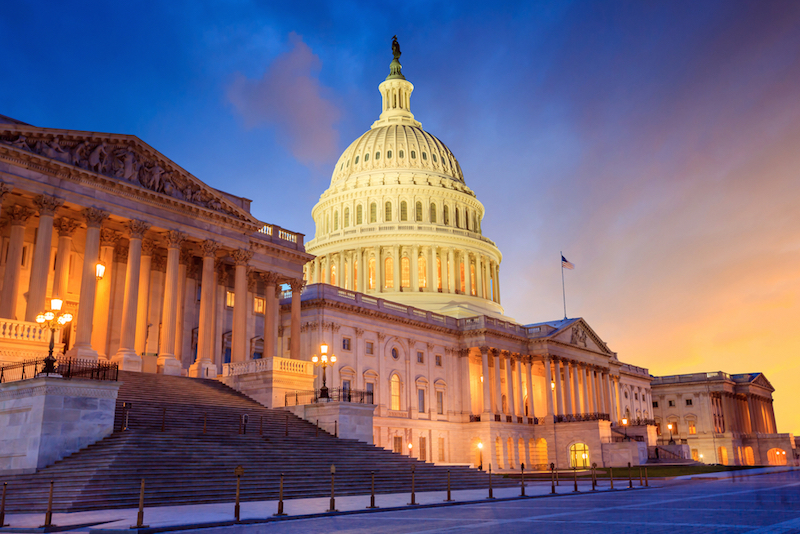
Congress has put forward a proposed budget to fund the remainder of 2017, and despite the wishes of President Donald Trump, science does not seem to be on the chopping block.
President Trump had suggested draconian cuts to several science agency budgets for fiscal year 2018, including the Environmental Protection Agency (EPA), the National Institutes of Health (NIH) and the National Science Foundation (NSF).
In this newly released budget, NIH will get a $2 billion bump in funding that was promised by Congress when it passed the 21st Century Cures Act, taking its total 2017 proposed budget to $34 billion. The Food and Drug Administration's proposed $2.8 billion budget is a modest $39 million increase over last year's budget. NASA's proposed budget of $19.7 billion is $368 million above the level enacted in 2016. The proposed NSF budget is essentially flat, at $7.5 billion. EPA will potentially sustain a modest cut of $81 million to its $8.06 billion budget, while the National Park Service will get an additional $81 million, for a total of $2.9 billion in funding, according to the House Appropriations Committee's Fiscal Year 2017 Omnibus Summary.
The proposed omnibus budget does heavily cut some science programs. For instance, it slashes $808 million in funding from clean energy projects with the Department of Energy, and it cuts $90 million from the National Oceanic and Atmospheric Administration's budget, leaving it with $5.7 billion.
The current proposed budget only funds the government through the remainder of fiscal 2017; it remains to be seen whether Congress will hew more closely to Trump's proposed budget for 2018.
Originally published on Live Science.
Get the Space.com Newsletter
Breaking space news, the latest updates on rocket launches, skywatching events and more!
Join our Space Forums to keep talking space on the latest missions, night sky and more! And if you have a news tip, correction or comment, let us know at: community@space.com.

Tia is the assistant managing editor and was previously a senior writer for Live Science, a Space.com sister site. Her work has appeared in Scientific American, Wired.com and other outlets. She holds a master's degree in bioengineering from the University of Washington, a graduate certificate in science writing from UC Santa Cruz and a bachelor's degree in mechanical engineering from the University of Texas at Austin. Tia was part of a team at the Milwaukee Journal Sentinel that published the Empty Cradles series on preterm births, which won multiple awards, including the 2012 Casey Medal for Meritorious Journalism.










